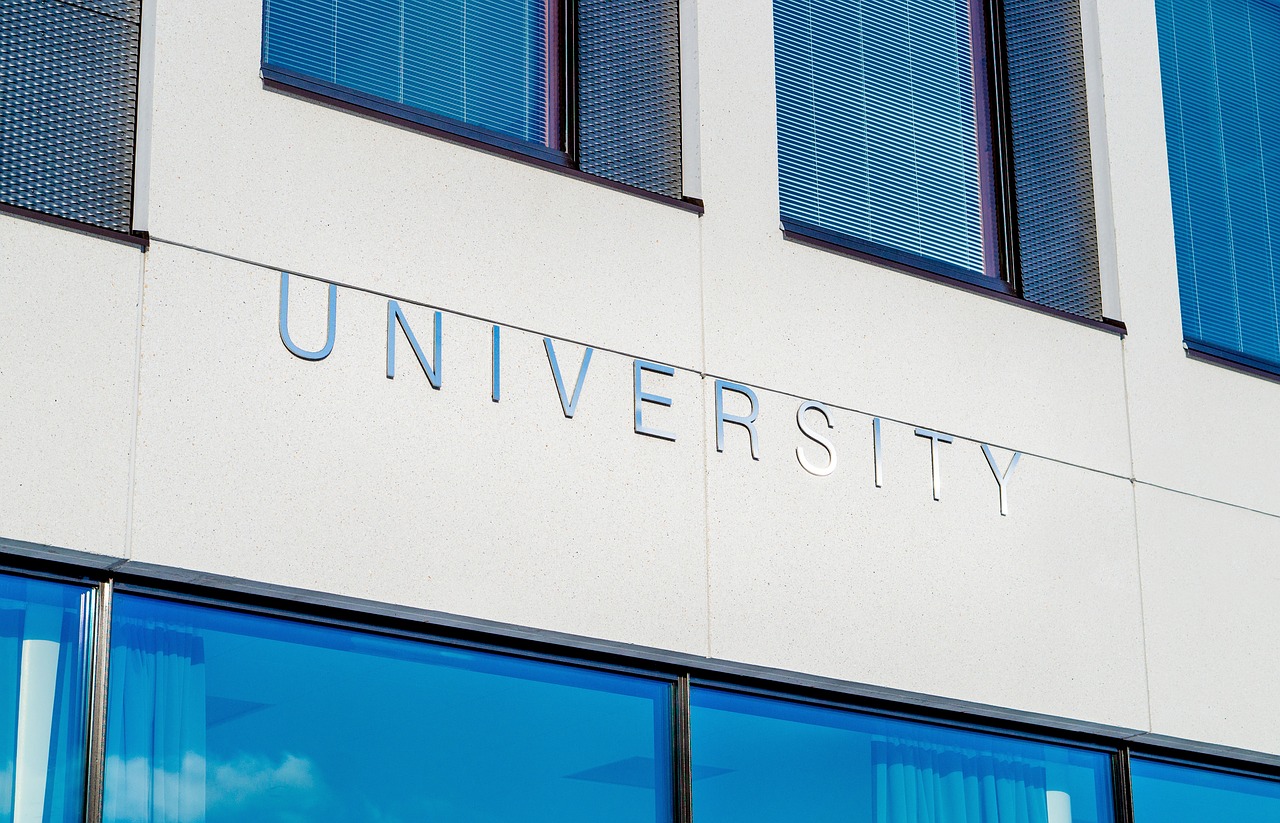When I was little, stories have it that I never stopped asking questions. Sometimes, these were the standard inquiries of a three-year-old, such as “WHY do I have to wear mittens.” According to my mother, however, they usually went beyond the normal, into more murky territory, such as, “What would happen if they just never cut an umbilical cord and a baby was attached forever?” She never found an answer to that one, and to this day we have no idea where my young mind came up with that one.
Luckily for my mother, I’ve stopped asking her quite as many questions. Unluckily for my students, they’re now the ones forced to confront my inquisitiveness. In fact, beyond asking them about their days, my favorite question to ask my students is, “Why?” That’s the secret to better test prep.
Nobody likes to dwell on mistakes. In everyday life, we tend to encourage the “move on” mentality as well. Not when it comes to test prep, though. When studying for the ACT or SAT, we gently force our students to consider the intricacies of their errors. Only by analyzing these missteps can they ever hope to avoid making them in the future. We need to know if the incorrect answer was due to rushing, a gap in content understanding, a simple calculation error, or a misunderstanding of the question itself. Each of these situations would then be addressed and corrected differently, which is the reason why it is so crucial to first identify the underlying issue.
Furthermore, asking “Why?” can also lead to other breakthroughs. Take this ACT English question for example:
Above the columns extends a horizontal stone band called a frieze; carved into it are the classical theatrical masks that represent comedy and tragedy.
- NO CHANGE
- frieze; into which are carved
- frieze. Into which are carved
- frieze, carved into it are
Let’s say a student originally chose G as the answer. If I tell her this is incorrect, the next go-to move for students is to just choose what they think of as the “next best” answer. Maybe in this case she chooses F, which does happen to be correct. If we moved on after she happened upon the right answer, though, we’d have no understanding of WHY she answered incorrectly in the first place. Does she need a review of the difference between semi-colons, commas, periods, and other punctuation? Or, does she need a review of how to identify independent and dependent clauses? Could it be that she didn’t even notice the very small differences between each of the answer choices, got confused, and just chose a random answer? All of these reasons would then lead to a different lesson that would prevent mistakes in the future.
Oftentimes, I’ll even ask students “Why” when the answer questions correctly. On the one hand, this is a great way to solidify understanding, because being able to explain a concept coherently better proves true mastery. On the other hand, in some cases, these answers actually end up providing warning signs about flawed reasoning. Only by asking “Why?” can we see this, and only by understanding this can we review the proper reasoning to ensure that the student isn’t getting questions correct because he got lucky, but because he truly grasps the steps and concepts.
So, next time you find yourself reviewing practice problems, force yourself to confront your mistakes head-on when correcting your work. We promise this introspective approach will pay off come test day.
-Y.E.S.-


